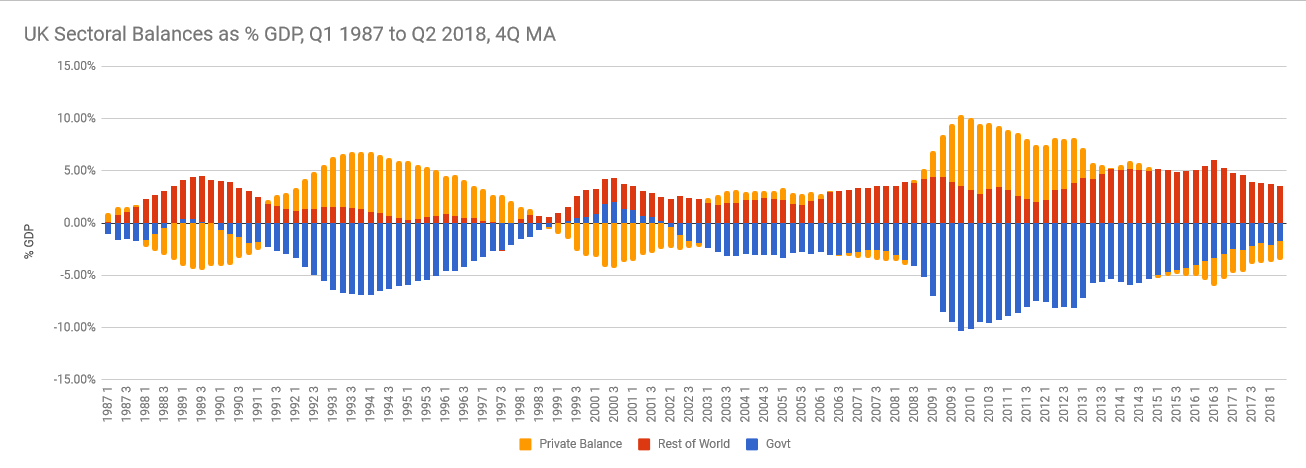Well, a real time example is plenty of businesses who can’t find labour. I know people in the hospitality trade who have literally had to shut the doors due to lack of staff. Guess what’s happening to staff wages, and consequently end customer pricing.
Please forgive me for revisiting your post after all this time, but it’s been bothering me.
My initial response to your post was unbalanced. I suggested that the people you know in hospitality had a poor business model if it depended on cheap labour. While I stand by that statement, it has to be said that their business model was built on the economic conditions where the price of waiters and bar workers and cleaning staff was what it was. Not their fault, they were just operating in the operational conditions of the time.
AIUI, the concern of raising the wages of those waiters etc is that is causes price inflation?
If that is the concern, isn’t the whole point of any economically responsible government to strike a balance between the money in peoples pockets and prices for things they want to spend that money on?
Isn’t our economy built on buying and selling?
There are strong competitive urges on both sides of that equation. So isn’t the role of government, as the issuer of money sitting on top of and separate from the non government sector in which capitalism red in tooth and claw rages in all it’s blood and glory, to balance those two urges in favour of a more predictable, less turbulent, future?
We have a situation now where wages are on the increase, and the monetarist conclusion is that rising wages will cause run away inflation, wheelbarrows full of cash, catastrophe and World War III.
But what happens to your hospitality owner if everyone’s wages increase to a level that punters can afford the necessary price increases for that hotel, restaurant or pub? Haven’t we been there before? Wasn’t there a time when there was equilibrium between the price of a pint and my ability for afford it? Is such a balance so unimaginable?
So, apologies if I seemed dismissive of the plight of your friends in hospitality, but the cause of your friend’s plight is the thinking that informs our economy at present, and the solution is to change that thinking.
Isn’t the purpose of government is to balance the economy by considering all actors in that economy?


